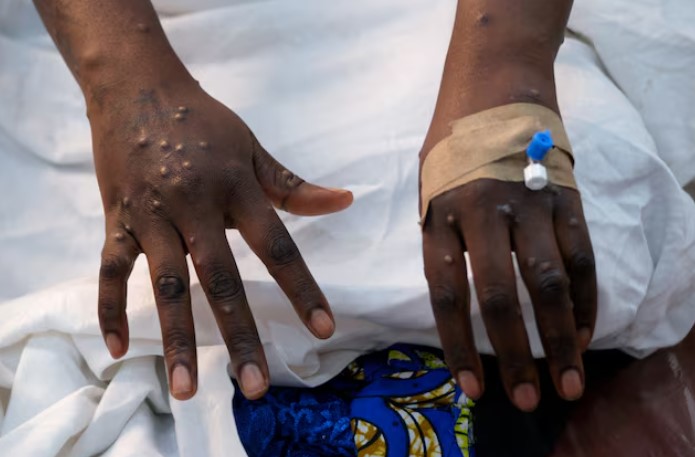The mpox outbreak in Africa has reached a concerning milestone, with more than 190,000 reported cases and nearly 2,000 deaths since the beginning of 2024. According to the Africa Centers for Disease Control and Prevention (Africa CDC), 29 countries across the continent have recorded 191,559 cases, including 53,013 confirmed infections and 1,999 fatalities.
Despite the scale of the outbreak, response measures appear to be yielding positive results. Health officials report a significant decline in new cases compared to the peak period earlier this year. In May, weekly confirmed cases stood at around 1,620, but by last week, the number had dropped to 491 representing a 70 percent reduction. Improvements in testing and surveillance have contributed to this progress, though experts caution that continued vigilance is required to sustain the downward trend.
Health authorities are emphasizing the importance of community-based surveillance, particularly in countries such as the Democratic Republic of the Congo (DRC), where overlapping health crises are compounding challenges. Alongside mpox, the DRC is currently grappling with a new outbreak of Ebola in the central province of Kasai.
So far, 48 Ebola cases have been reported in Kasai, including 38 confirmed. Thirty-one people have lost their lives to the disease, while 15 patients remain under treatment at the Bulape health zone, which has become the epicenter of the outbreak. Encouragingly, two patients have recently recovered and been discharged, offering a glimmer of hope in the ongoing response.
Ebola, like mpox, requires swift identification and isolation of suspected cases to prevent further spread. Health experts stress the urgent need to strengthen treatment capacity, community engagement, and rapid response systems. Ebola is known for its severity, causing symptoms such as fever, vomiting, diarrhea, muscle pain, and, in many cases, internal and external bleeding.
The twin outbreaks of mpox and Ebola underscore the pressing need for resilient public health systems across Africa. While the reduction in mpox cases signals progress, the situation remains fragile, with new threats emerging that require coordinated action. Stronger investment in surveillance, testing, and community outreach will be key to ensuring that gains are not reversed and that lives are protected.

